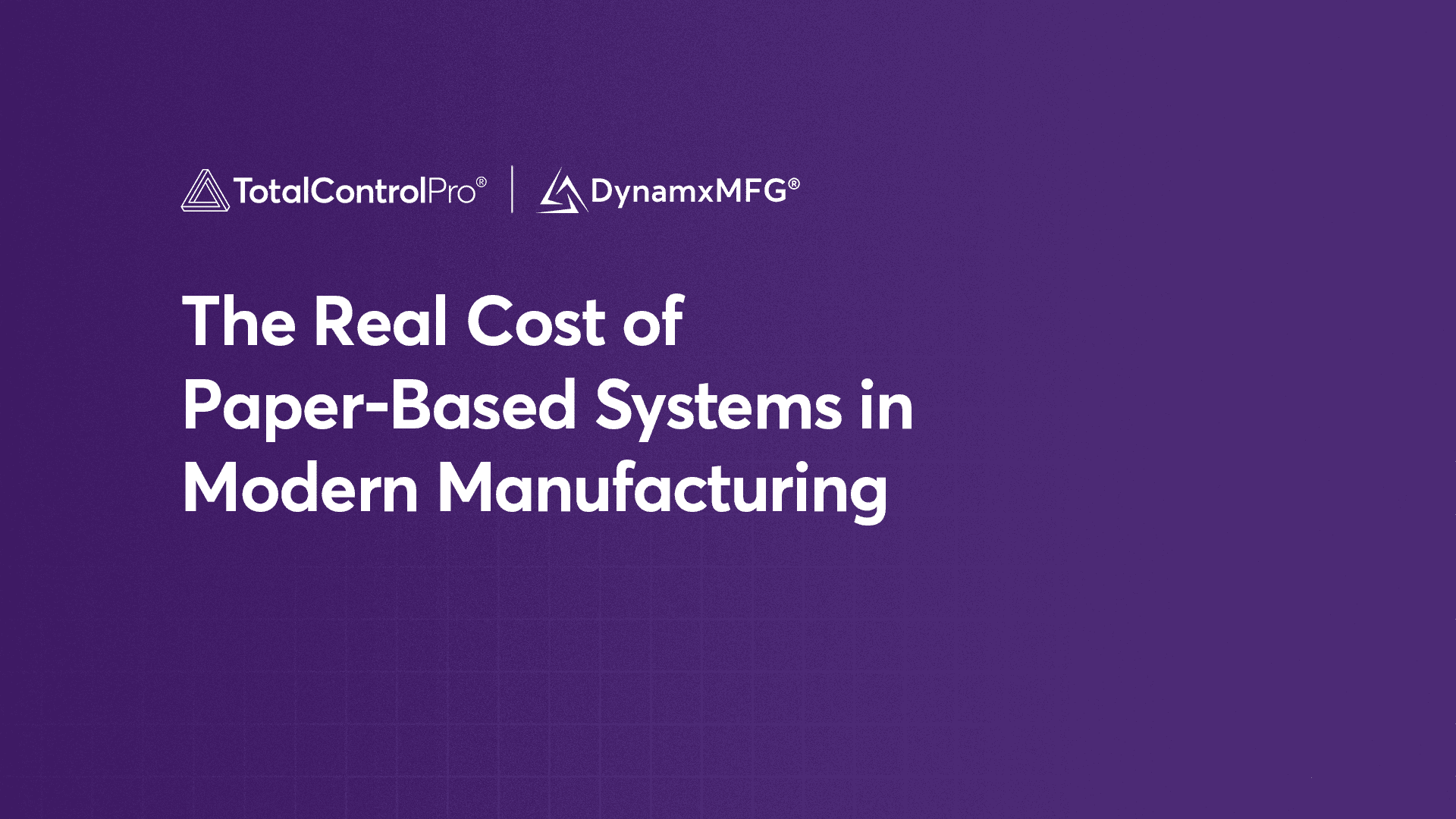Introduction
Many small and medium-sized manufacturing enterprises (SMEs) continue to rely on paper-based systems for critical operations. While these methods may seem cost-effective initially, they often lead to hidden expenses and inefficiencies that hinder growth and competitiveness. This article explores the tangible and intangible costs associated with paper-based processes and underscores the necessity for digital transformation in modern manufacturing.
- Operational Inefficiencies and Labour Costs
Manual data entry and paper-based record-keeping are time-consuming and prone to errors. Employees spend significant hours filling out forms, searching for documents, and correcting mistakes, which detracts from productive tasks. For instance, a study by the International Data Corporation (IDC) estimates that maintaining paper records can cost a manufacturing business with 50 employees approximately £24,000 annually.
- Storage and Maintenance Expenses
Storing physical documents requires substantial space and resources. A single four-drawer file cabinet can hold up to 20,000 pages and may cost around £25,000 to fill and £2,000 per year to maintain. These costs escalate with the volume of documents, leading to inefficient use of facility space and increased overhead.
- Delayed Decision-Making
Paper-based systems often result in outdated information, causing delays in decision-making. In fast-paced manufacturing environments, relying on last week’s data can lead to missed opportunities and reactive rather than proactive management. Real-time data access is crucial for timely decisions and maintaining a competitive edge.
- Compliance and Quality Risks
Maintaining compliance with industry regulations is challenging with paper records. Manual documentation increases the risk of errors, lost records, and non-compliance penalties. In regulated industries, such as pharmaceuticals, the cost of managing paper-based documentation can be significant, with estimates reaching up to £190,000 for a single batch in small-scale cell therapy manufacturing.
- Environmental Impact
Paper production contributes to deforestation, water consumption, and energy use, leading to a larger carbon footprint. Additionally, paper waste often ends up in landfills, exacerbating environmental concerns. Transitioning to digital systems supports sustainability goals and reduces ecological impact.
Conclusion
The reliance on paper-based systems in manufacturing incurs hidden costs that affect efficiency, compliance, and sustainability. Embracing digital transformation is no longer optional but essential for SMEs aiming to thrive in a competitive market. By adopting real-time data solutions and automating processes, manufacturers can reduce expenses, improve decision-making, and contribute to environmental conservation.
Ready to eliminate the hidden costs of paper-based systems? Discover how DynamxMFG can streamline your manufacturing operations with real-time data solutions. Book a free demo today.




